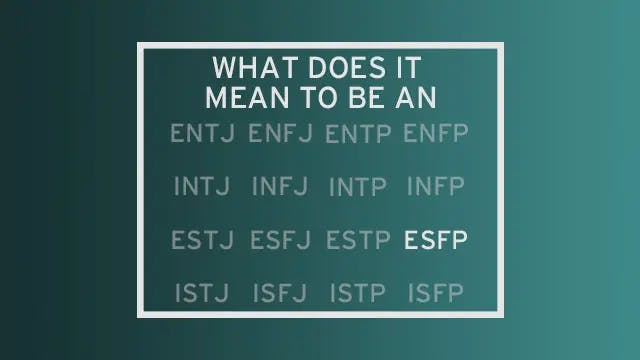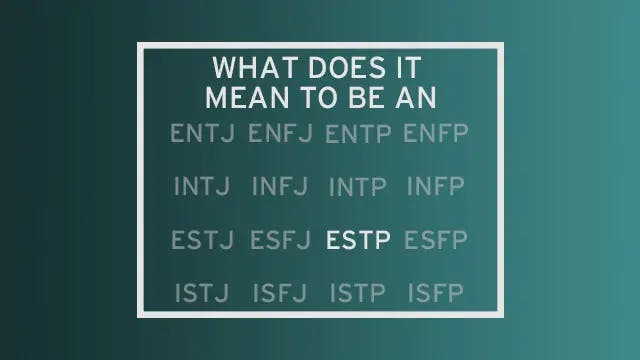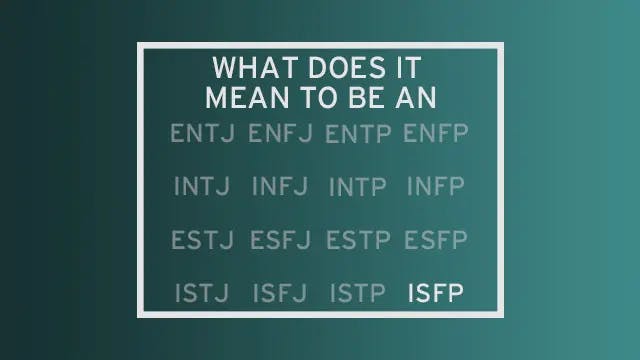
Introverts tend to be reflective, reserved, and prefer to focus on their inner thoughts and feelings. They may prefer small group interactions, quiet environments, and solitude to recharge their energy. According to the Myers-Briggs Type Indicator (MBTI), Introversion is one of the two preferences for obtaining energy, the other being Extraversion.
Introversion in MBTI
Introverts are not necessarily shy or anti-social; they simply tend to be more internally focused and may need more alone time than their Extraverted counterparts. Introversion is not a measure of social skills or assertiveness; instead, it is a preference for how a person obtains energy and processes information.
Introversion vs. Extraversion
Introversion and Extraversion are often considered to be opposite ends of a continuum. Extraverts tend to be outgoing, talkative, and enjoy social interactions. They tend to be energized by external stimulation and may feel restless or bored in quiet environments.
While Introverts and Extraverts may have different preferences for obtaining energy, neither preference is inherently better than the other. Both Introversion and Extraversion have their strengths and weaknesses, and people can learn to harness the benefits of both preferences depending on the situation.
Implications of Introversion in MBTI
Understanding one's preference for Introversion or Extraversion can have various implications in personal and professional settings. Introverts may excel in roles that require reflection, analysis, and attention to detail, such as research, writing, or creative endeavors.
On the other hand, Extraverts may thrive in roles that require social interaction, such as sales, marketing, or public speaking. Both preferences have their unique strengths and can contribute to a well-rounded team or organization.
How Can Introverts Relate to Jesus?
Introverts, as defined by the MBTI, tend to be reflective and introspective. Jesus, too, is often described as someone who frequently retreated to quiet, solitary places to pray and reflect. In the Bible, there are numerous accounts of Jesus spending time alone in the wilderness, on mountaintops, and in gardens, seeking solace and connection with God.
For Introverts, Jesus' example can offer guidance and inspiration to embrace their natural inclination towards solitude and reflection. By taking time to connect with their inner thoughts, emotions, and spirituality, Introverts can deepen their relationship with God and find a sense of peace and purpose. Jesus' teachings on love, compassion, and service can also resonate with Introverts, who often have a strong sense of empathy and may prefer to connect with others on a deeper, more meaningful level.
Conclusion
In conclusion, Introversion is a preference for obtaining energy and processing information in the MBTI personality assessment. Introverts tend to be reflective, reserved, and prefer quiet environments, but they are not necessarily shy or anti-social. Understanding one's preference for Introversion or Extraversion can have various implications in personal and professional settings and can contribute to a well-rounded team or organization.



